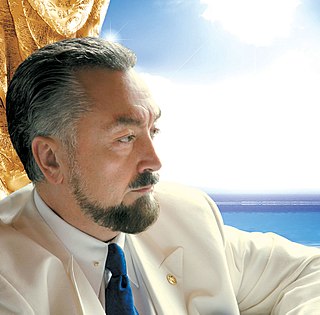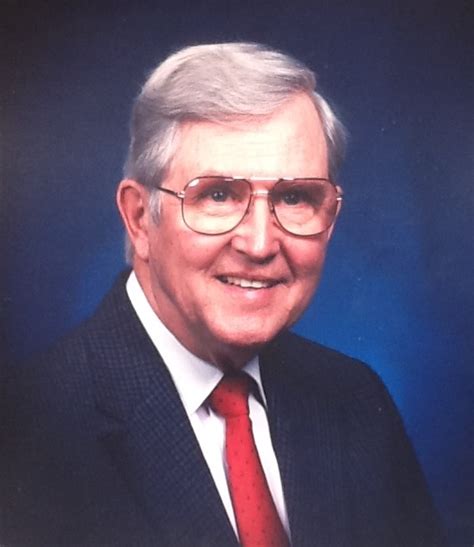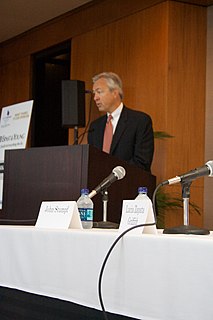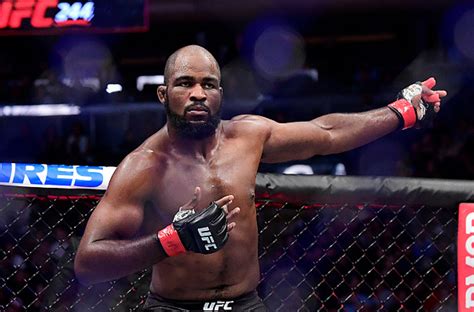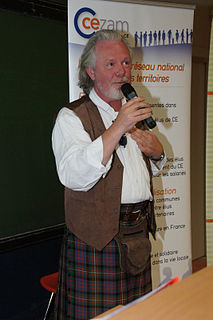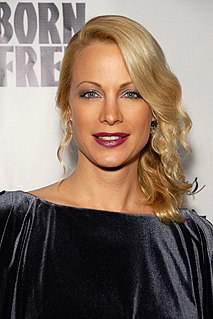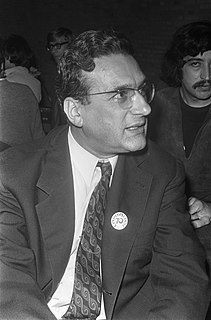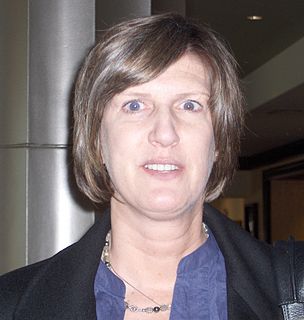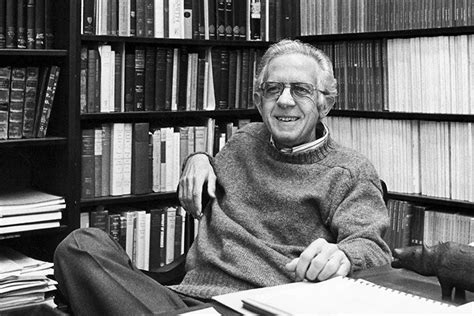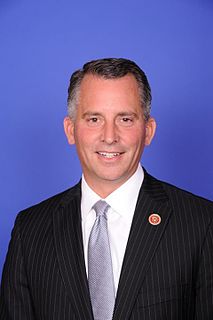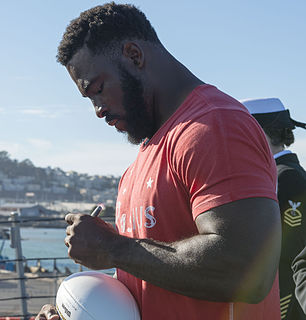Top 1200 Great Organizations Quotes & Sayings
Explore popular Great Organizations quotes.
Last updated on November 16, 2024.
Organizational Development: The New Christian Right of the 1980s was dominated by paper organizations that were essentially the mailing lists of a handful of politicized ministers. Such organizations were better at issuing press releases than doing the hard work of political mobilization and advocacy. By contrast, the movement of the 1990s has generated a plethora of grass-roots organizations that allocate meaningful responsibilities to individual members. The goal is to create an army of grassroots activists who know how to stimulate political change.
I try to support any and all animal causes or organizations out there if they are good and reputable. Sadly, there are a lot of people and organizations that raise money but don't do much or don't have good intentions. I've worked with organizations such as Marine Animal Rescue in Southern California.
Evangelical women are also large consumers of evangelical media and ministries, and their support of these organizations is crucial. Should they shun both Trump and the predominately male evangelical leadership, it may have a ripple effect in these organizations' fundraising abilities and their ministerial efforts.
Malcolm X envisions a broad-based pluralistic united front, which is spearheaded by the Nation of Islam, but mobilizing integrationist organizations, non-political organizations, civic groups, all under the banner of building black empowerment, human dignity, economic development, political mobilization.
There are some terrific resources on how to find individual purpose but relative resources on how to discover purpose and apply to an organization. My challenge was to show organizations how they could unlock the purpose of their organizations and put it to good use for employees to apply to their own jobs. The net effect is to help individuals, teams and organizations to optimize performance by understanding how to use purpose for good intention.
Some of my unhappiest moments have been in organizations. Somehow it seems to be quite respectable to do things in organizations that you would never do in private life. I have had people insult me to my face in front of colleagues. I have had my feelings rammed down my throat on the pretext that it would do me good. I have been required to do things which I didn't agree with because the organization wished it... In my worst moments I have thought organizations were places designed to be run by sadists and staffed by masochists.
In the face of ambiguity, uncertainty, and conflicting demands, often under great time pressure, leaders must make decisions and take effective actions to assure the survival and success of their organizations. This is how leaders add value to their organizations. They lead them to success by exercising good judgment, by making smart calls when especially difficult and complicated decisions simply must be made, and then ensuring that they are well executed.


